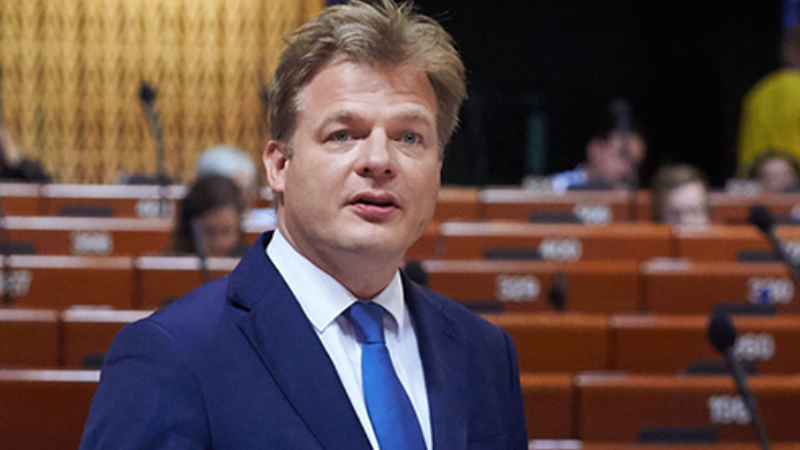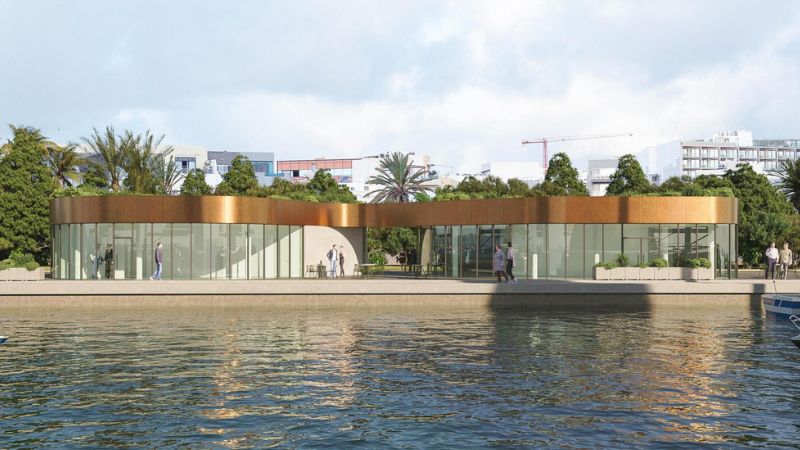The General Rapporteur to the Parliamentary Assembly of the Council of Europe (PACE), Pieter Omtzigt, has described Malta’s whistleblower protection legislation as “not fit for purpose,” and said it does not actually provide whistleblowers with any real protection.
Malta’s legislation reform, put in place just in time to meet the 17 December deadline for the transposition of the EU Directive on improving whistleblower protection, “ignores the Directive’s requirements for transparency, including regular monitoring of the legislation’s impact”, Omtzigt said in a statement.
“Since the brutal murder of investigative journalist Daphne Caruana Galizia, everyone knows how important such protections are for Malta,” Omtzigt added.
He said reform of the law was “rushed through without any meaningful consultation”. The EU Directive came into force more than two years ago.
PACE said the main weaknesses of Malta’s new law include the fact that new private and public sector whistleblower units don’t provide the necessary guarantees of independence and absence of conflict of interest, while barriers in access to the organisational leadership prevent whistleblower information from getting into the right hands.
This is “after all, the main purpose of whistleblower protection,” Omtzigt said.
In addition, the reformed law contains a “loophole” that effectively places a high burden of proof on the whistleblower, as protection is denied whenever a negative action is “justifiable for administrative or organisational reasons”, whether or not it is retaliatory.
Malta’s history of protecting whistleblowers is non-existent. While there is a Whistleblower Act which on paper prohibits the whistleblower from being subjected to detrimental action, it’s advised they report the matter first internally, before the authorities. This means a whistleblower is potentially having to report wrongdoing to the very people involved in it.
A recent example is the government’s decision to withhold whistleblower status from a former employee who reported alleged abuse and nepotism at the Social Care Standards Authority (SCSA) after the 74-year-old father of the politically appointed chairperson, Katya De Giovanni, was given a job as a junior legal officer.
The person involved was informed by two lawyers from the Ministry for Senior Citizens that his report would not be investigated “as the whistleblower reporting officer (of the ministry) considered that the allegations were based on speculation and did not merit any further investigation”.
In addition, two other whistleblowers involved in some of the country’s most high profile cases have been refused the status.
Jonathan Ferris, a former FIAU official who claims to have evidence of corruption at the highest levels of government was denied protection under the Whistleblower Act. The argument was that he should have first revealed what he knew to those he was accusing of wrongdoing. Not only did Ferris lose his job at the FIAU, but the wrongdoing he reported was never investigated.
The government also denied whistleblower status to Maria Efimova who revealed information on Pilatus Bank and Egrant. She fled from Malta due to fears for her safety but was arrested in Greece after Malta requested her extradition. Eventually, the Greek courts refused the extradition order.
Both she and Ferris have continued to fight to be recognised as whistleblowers and granted the necessary protection to reveal what they know.













Don’t you just love the way things are twisted in Malta to protect the guilty?
Bravo Pieter Omtzigt for again telling it as it is, rather than how they want us to believe it is.
In the end Malta will have to amend the Whistleblower Act in order to adhere to proper standards, but only after the Government will have attempted to have in place a pseudo protection for the whistleblower, and only after it gets lambasted by the UE or COE on umpteen occcasions. When will the Government learn to do the proper thing at its first attempt?